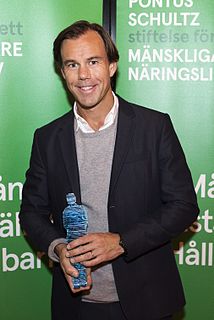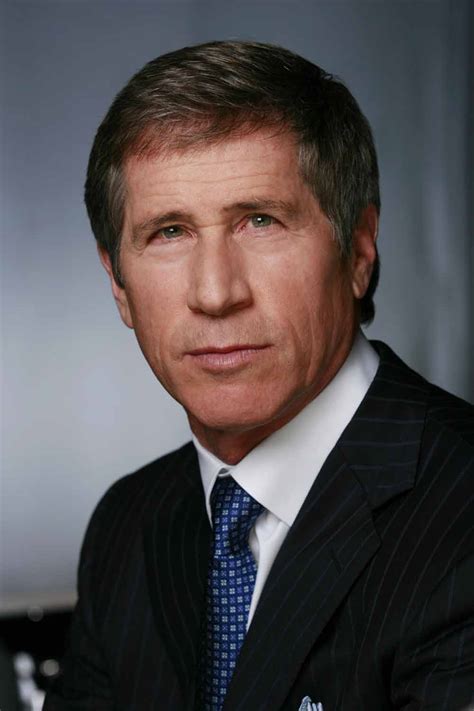A Quote by Bill Gates
India has over 20 percent of the kids born in the world. And they move around a lot.
Related Quotes
Economists often talk about the 80/20 Principle, which is the idea that in any situation roughly 80 percent of the “work” will be done by 20 percent of the participants. In most societies, 20 percent of criminals commit 80 percent of crimes. Twenty percent of motorists cause 80 percent of all accidents. Twenty percent of beer drinkers drink 80 percent of all beer. When it comes to epidemics, though, this disproportionality becomes even more extreme: a tiny percentage of people do the majority of the work.
Ninety-nine percent of everyday things are things we don't need - that goes for regular visits to the hairdresser just as it does for clothing. What would it mean if we all consumed 20 percent less? It would be catastrophic. It would mean 20 percent less jobs, 20 percent less taxes, 20 percent less money for schools, doctors, roads. The global economy would collapse.
Overpopulation is the problem of the third and fourth World; over-consumption is the problem of the West. The average American child this year will consume as much of the world's resources as twenty children born in India. Deliberate and calculated waste is the central aspect of the American economy. We over-eat, over-buy, and over-built, spewing out our toxic wastes upon the earth and into the air.
Even in the 1960's, look at the minority percent of those kids being raised without a father. It was around 20 percent. America is at 80% today. I think the government is to blame for that. I think the media is to blame for that. I think you have to look at television shows and sitcoms. How do they portray fathers? They are dopey. They are dumb. They are fat. The mom is hot and the kids make fun of dad, and mom makes fun of dad. We have just relegated his role to be sort of the dumpy loser guy. And we need to get that back.
And that is true in 85 percent of kids; it's kids who live in old, dilapidated, mostly urban housing. But that still leaves 15 percent of the cases that occur in middle- or upper-class families, usually associated with home renovations. People are sanding paint, removing banisters, cleaning up windowsills, and they don't realize that they're spewing lead dust around in the house. And then the kids get it.
I have a very big phone book and a very long reach around the world. And I think - I don't think, I know - that 95 percent of the people who I know who weren't born into success who have become successful and done things that are different and made a lot of money and had a lot of excitement in their life are people who never hear the word 'no.'
I don't think it's fair to pinpoint Asia in terms of piracy. It's a worldwide problem. With 'The Expendables 3,' piracy extended everywhere, and over 10 percent of it was in the United States. So I don't want to put my hands over my eyes. It's a shame there is no DVD business in a lot of Asia, certainly China and India.




































